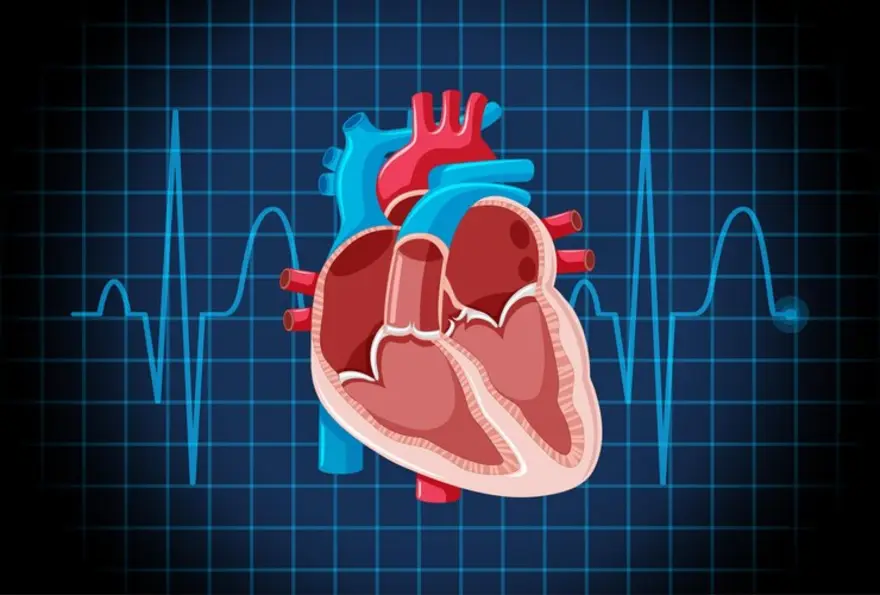Health Wellness
The 4 Subtle Signs of Ovarian Cancer
1743 Views
0

Ovarian Cancer – Do You Know How To Fight it?
Being a woman is tough. Among other challenges, being a woman also biologically increases the risk of certain disease and health problems. Ovarian cancer is one such example.
Some common cancers affecting women
While certain cancers have been proven to have gender preferences (for example Gall Bladder Cancer), women have to deal with a complete set of gynecological cancers unique to their biology reproductive functions. These include cancers of the uterus, cervix, and ovaries. Though less commonly known, Ovarian cancer (referring to any cancerous growth that occurs in the ovary) is the 5th most common cause of cancer deaths in women globally. It also has the highest rate of death among all gynecological cancer, with the 5-year survival rate being as low as 46%.
Majority of ovarian cancers arise from the epithelium (outer lining) of the ovary. In extreme cases, the cancer may spread to other organs in the pelvic region, like the fallopian tube, uterus, bladder, colon, or rectum.
Known causes of ovarian cancer
Although, the precise causes are not known, there some known and observed risk factors for ovarian cancer.
- Family History: Women with close relatives who have had ovarian cancer, or breast cancer, have a higher risk
- Genetics: Women with mutation in genes BRCA1 and BRCA2 have 50% chances of developing the disease
- Age: Mostly beyond 65 years of age
- High number of ovulations and late menopause
- Infertility or fertility treatments
- Women who have been diagnosed with breast cancer
- HRT (Hormone replacement therapy)slightly increases a women’s risk of developing ovarian cancer
- Obesity and being overweight
- Suffering from endometriosis
Symptoms of ovarian cancer
Signs and symptoms of ovarian cancer are frequently absent or very subtle in the early stages. As such, most women are diagnosed with cancer only at a later stage.
Early symptoms include:
- Pain in the pelvis
- Back pain
- Pain during sexual intercourse
- Pain on the lower side of the body
As the cancer progresses, following symptoms may manifest:
- Feeling constantly bloated
- A swollen tummy
- Discomfort in your tummy or pelvic area
- Feeling full quickly when eating, or loss of appetite
- Needing to pee more often or more urgently than normal
- Breathlessness
How to diagnose ovarian cancer?
The first step of diagnosis is to get a blood test done to measure the level of a protein called CA125, followed by an ultrasound scan. If the test results suggest the possibility of ovarian cancer, the patient should then consult with gynecological oncologist for further tests and diagnosis.
What are the treatment options for ovarian cancer?
Treatment options for ovarian cancer depend on the stage and extent of the cancer. The medical oncologist may recommend a single type or a combination of various treatments. Some of the most effective treatment modes for ovarian cancer are as follows:
Surgery – The surgical removal of the tumor is the most common approach. In extreme cases, the surgery includes removal of the ovaries, fallopian tubes, uterus, nearby lymph nodes, and omentum. This is called a total hysterectomy.
Chemotherapy – In this treatment option, patients typically receive a combination of carboplatin (Paraplatin) and paclitaxel (Taxol) intravenously.
Hormone Therapy – Hormone therapy may be added to the treatment plan in order to cut off estrogen supply to the cancer cells and slowing their growth.
Oncologists may sometimes use radiation therapy if there are small traces of cancer in the reproductive system, but not as a standalone treatment.
 Home Visit
Home Visit Upload
Upload














1701259759.webp)









 WhatsApp
WhatsApp